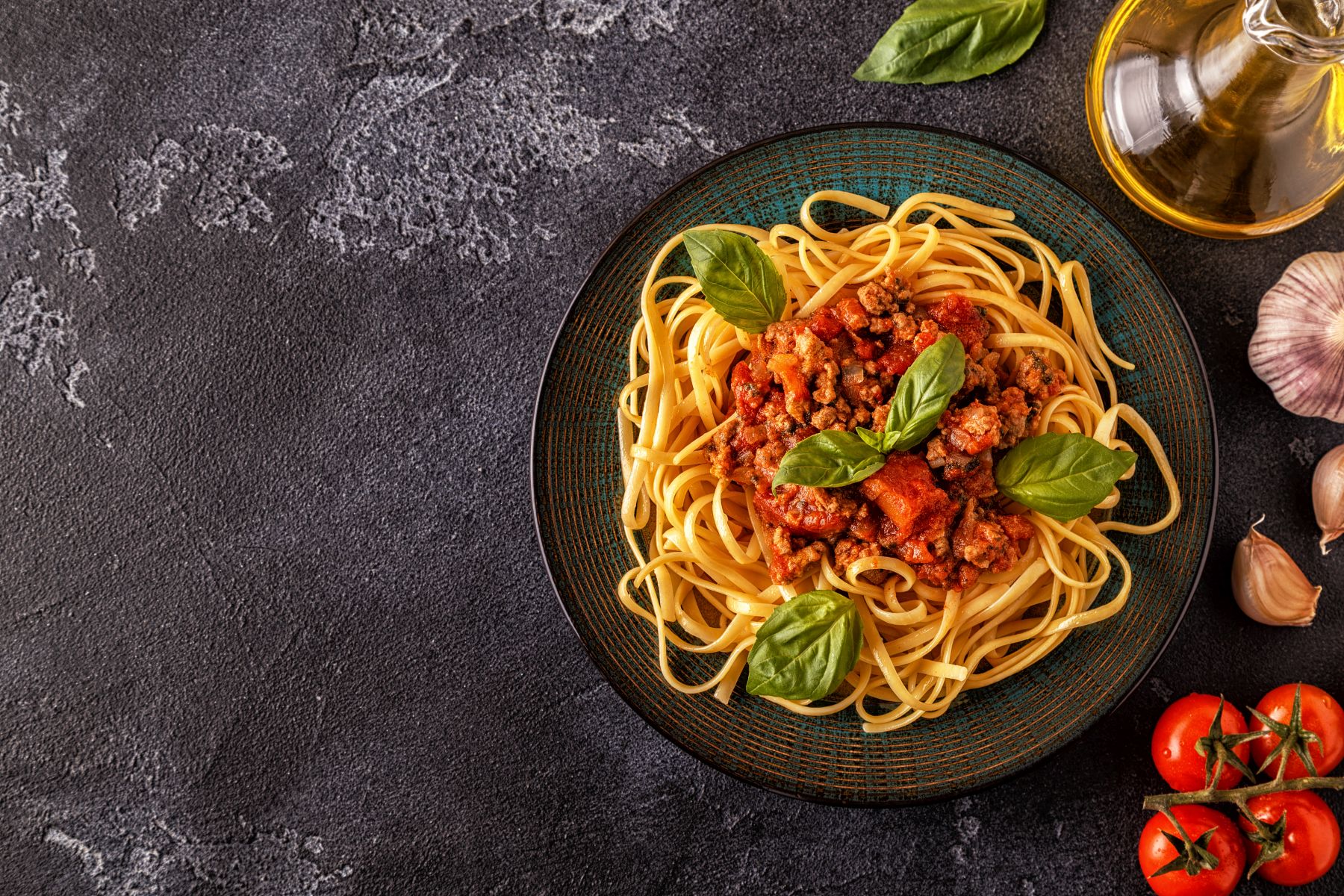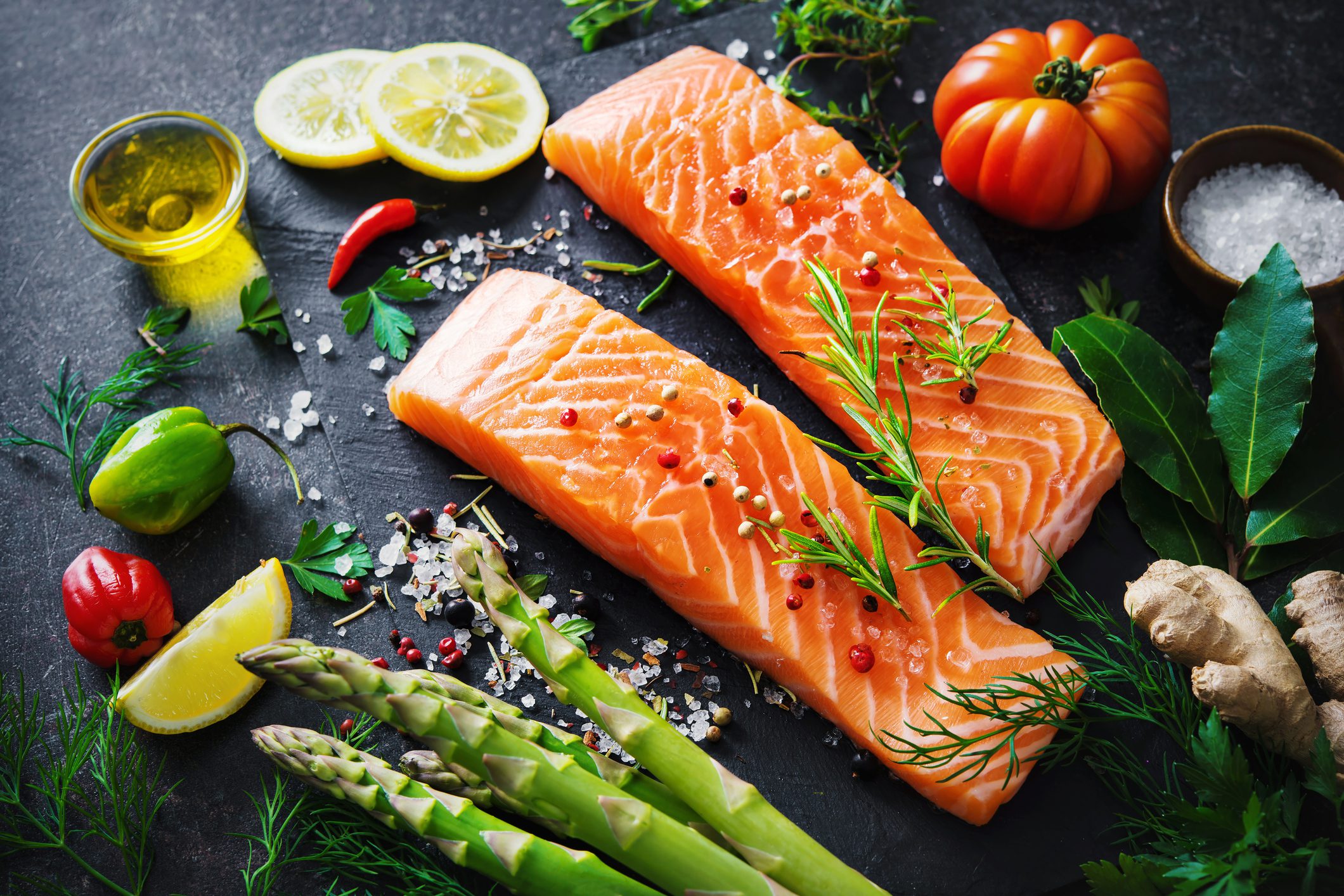Boost your immune system with the right foods
A guide to eating your way to better health

by Matthew Kadey
Environmental pollutants, poor sleep, bugs on elevator buttons, hours on the trainer – these are all stressors that can inundate our immune system on a daily basis. Over time, these immune challenges can compromise our ability to not only ward off the usual seasonal round of colds and flu, but potentially also several more worrisome chronic diseases.
The science of exercise immunology suggests that a drop in immune defence can occur during the hours of recovery from intense physical activity, especially if you have a tendency of overtraining. As a result, certain pesky viruses can invade the host (that is you) leading to infection and illness that can land you on the couch instead of on the saddle.
Without question, the immune system is integral to the body’s defence against such invaders. Luckily, there are a handful of dietary measures you can take to make your immune system more resistant and tolerant to what may try to sucker punch you.
Refuel with carbs
I’ve said it before and I’ll holler it again: make sure to eat your carbs after a sweat session. Not only is this crucial to restocking your spent glycogen stores – a key energy source for high-intensity rides – but it’s also vital for helping to combat the immunodepression that can occur during recovery after a bout of hard-charging exercise. The carb consumption helps slam the door shut on certain viruses that want to invade and beat your body down. (Note: there is no proof that this has any effect on the COVID-19 virus.) This refuelling strategy can also diminish immune disturbances when training is repeated throughout consecutive days.
You’ll want to aim to consume 1.0 to 1.4 g of carbs per kilogram of body weight within the first hour or so after a hard ride. Also, fuelling regularly with carbs during long rides (say, longer than 90 minutes) can help prevent drastic drops in blood sugar and redistribution of compounds involved in immunity that may also work to improve immune functioning.
Compress your eating
Intermittent fasting is all the rage these days. A version of this popular style of eating could give your immune system a boost. A recent study in the Journal of the International Society of Sports Nutrition involving elite cyclists from Italy discovered that a four-week protocol of time-restricted eating between 10 a.m. and 6 p.m. resulted in improved blood markers of immune system performance, including higher levels of leukocyte white blood cells that are an integral part of the immune system compared with a group of riders who took in their daily calories spread between 7 a.m. to 9 p.m. The time-restricted group also lost more body fat mass, which could be good news for the coveted power-to-weight ratio.
More research is warranted, including on athletes who are not doing the same volume of training as the pros. But perhaps eating in better tune with your circadian rhythm could help keep your immune system firing on all cylinders. The key, however, is that you take in enough calories during the shortened eating window to support your training. Underfuelling is definitely a recipe for diminished immune health.
Go fish
If you don’t want a cold to catch you, consider catching a fish for dinner. A British study discovered that male athletes who consumed higher amounts of EPA and DHA, two omega-3 fatty acids found abundantly in certain fish species, including salmon, mackerel, sardines, herring and sablefish, over a six-week period had greater immune activity after a cycling challenge than those who did not take a fish-oil supplement. These fish fats may fight inflammation and activate natural germ-fighting killer cells.
Another study in the International Journal of Sports Nutrition and Exercise Metabolism found that marathoners who took fish oil leading up to their big run produced more lymphocytes (a type of white blood cell instrumental to the body’s immune-system response) before and after the race, and their production of cytokines, a protein thought to help the immune system operate, didn’t decline as much as in the endurance athletes who consumed much fewer omega-3s.
Start roughing it
You don’t need to spike your oatmeal with Metamucil, but for better immunity, it is a good idea to make sure you are eating plenty of dietary fibre. You see, fibre essentially serves as a food source for the good bacteria in your gut. When these bacteria are well-fed, they can flourish. This is good news for keeping your immune system humming along. When bacteria work on non-digestible fibre, certain health-enhancing compounds, such as short-chain fatty acids, are released. A recent investigation published in the journal mSystems found that it takes two weeks for an increased intake in fibre to bring about noticeable changes in your gut’s microbiome.
At a minimum, you should aim to consume 25 g of fibre each day which isn’t hard to do when you eat enough whole grains, beans, lentils, vegetables, seeds and whole fruits. The micronutrients and antioxidants in these foods will also work in favour of your immune system.
This story originally appeared in the February & March 2022 issue of Canadian Cycling Magazine


